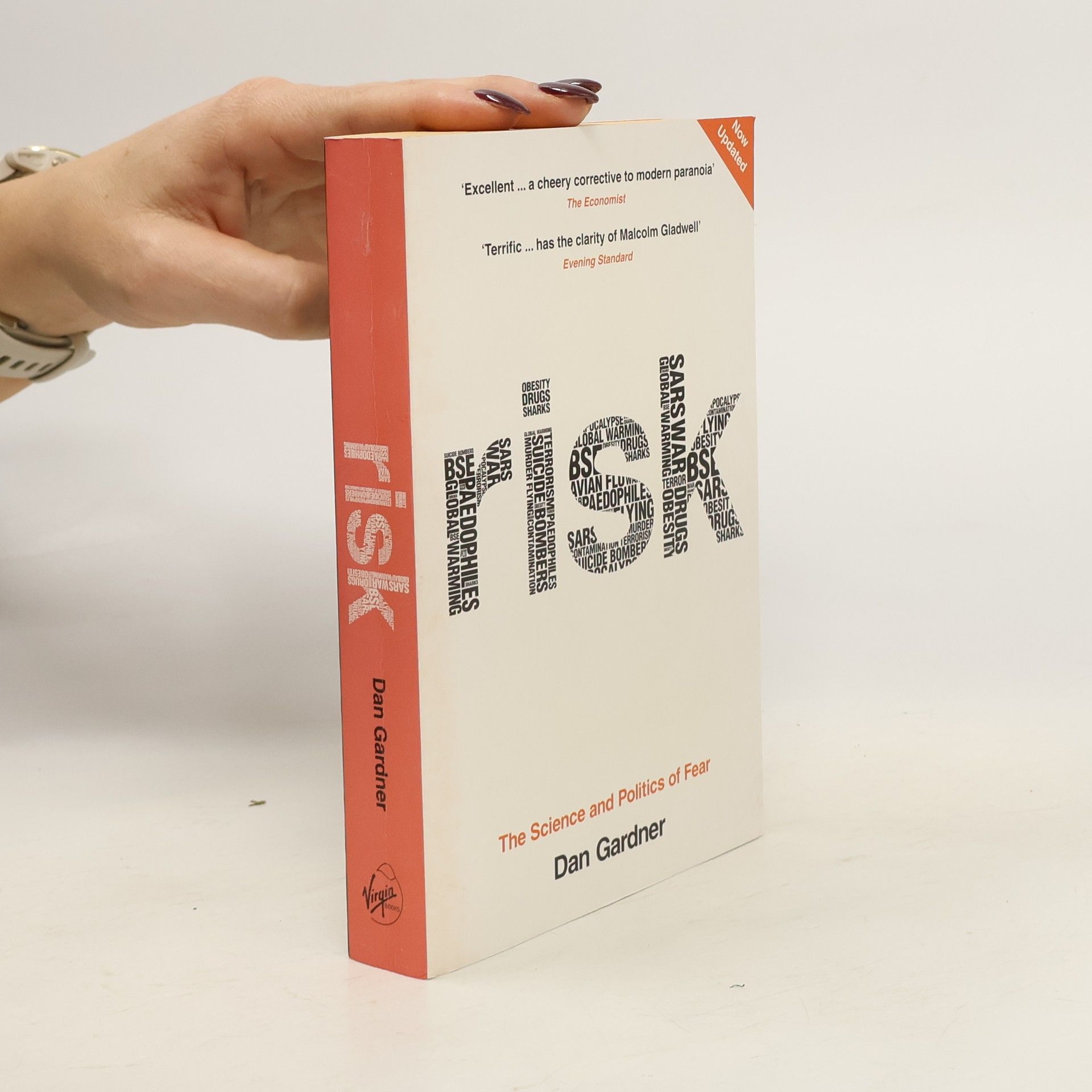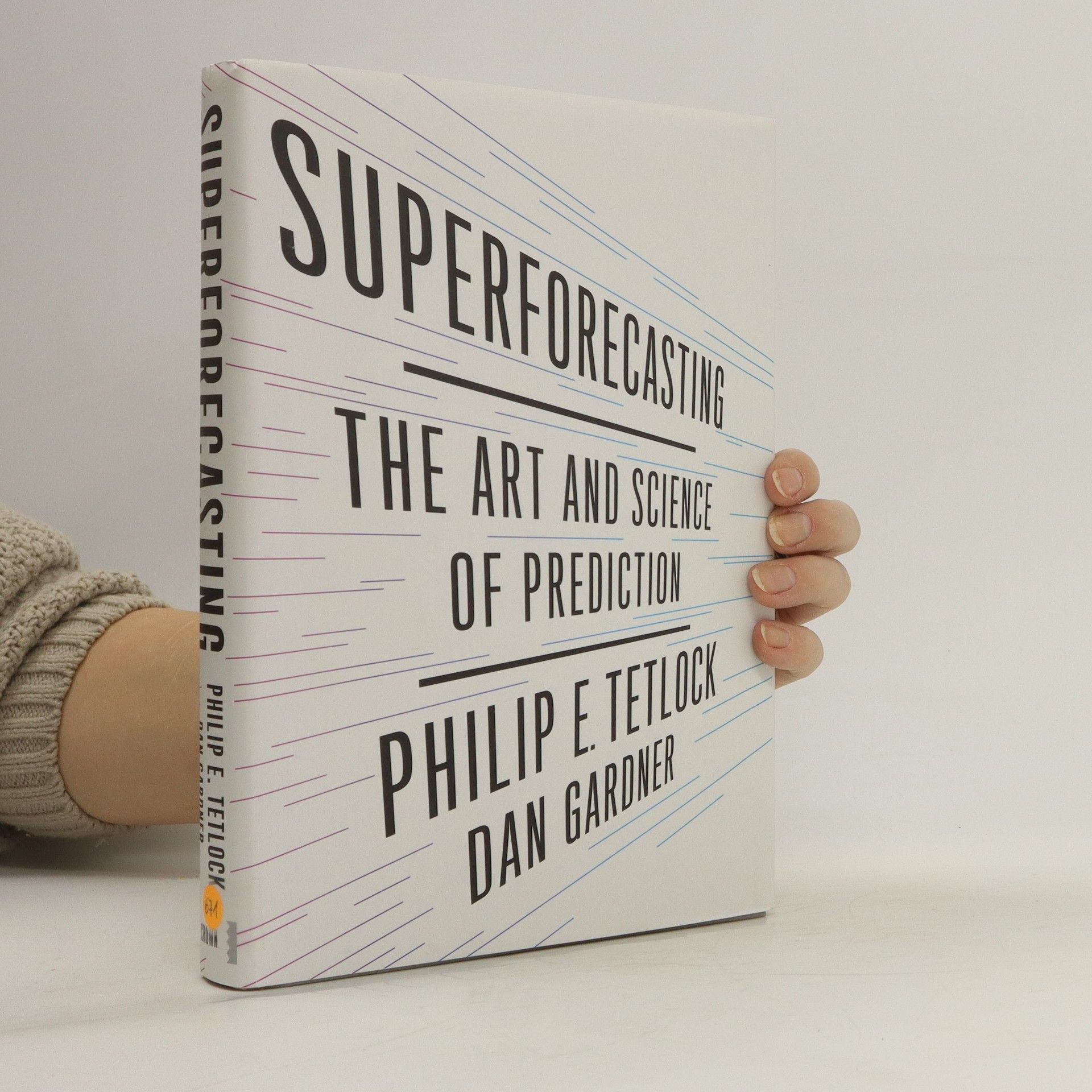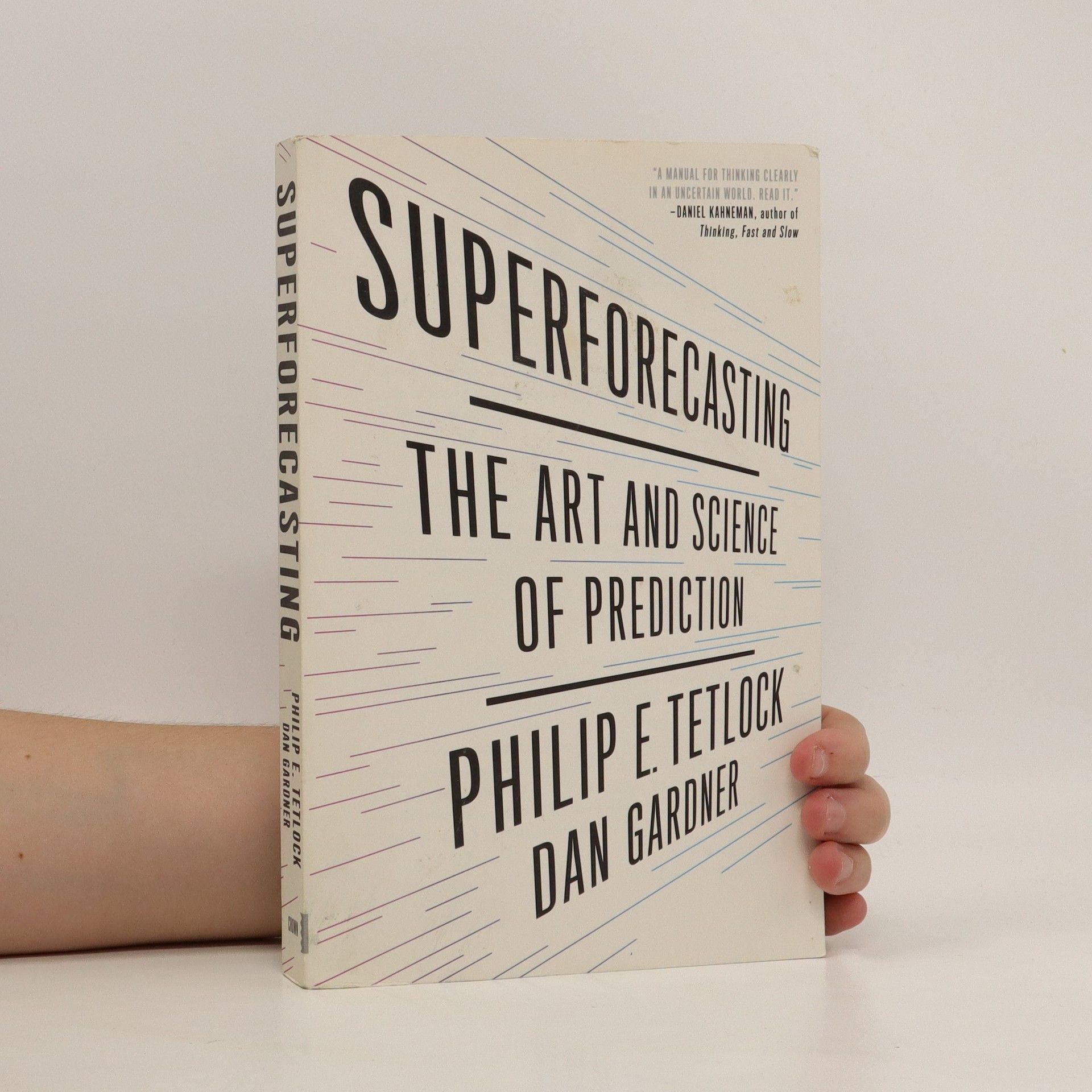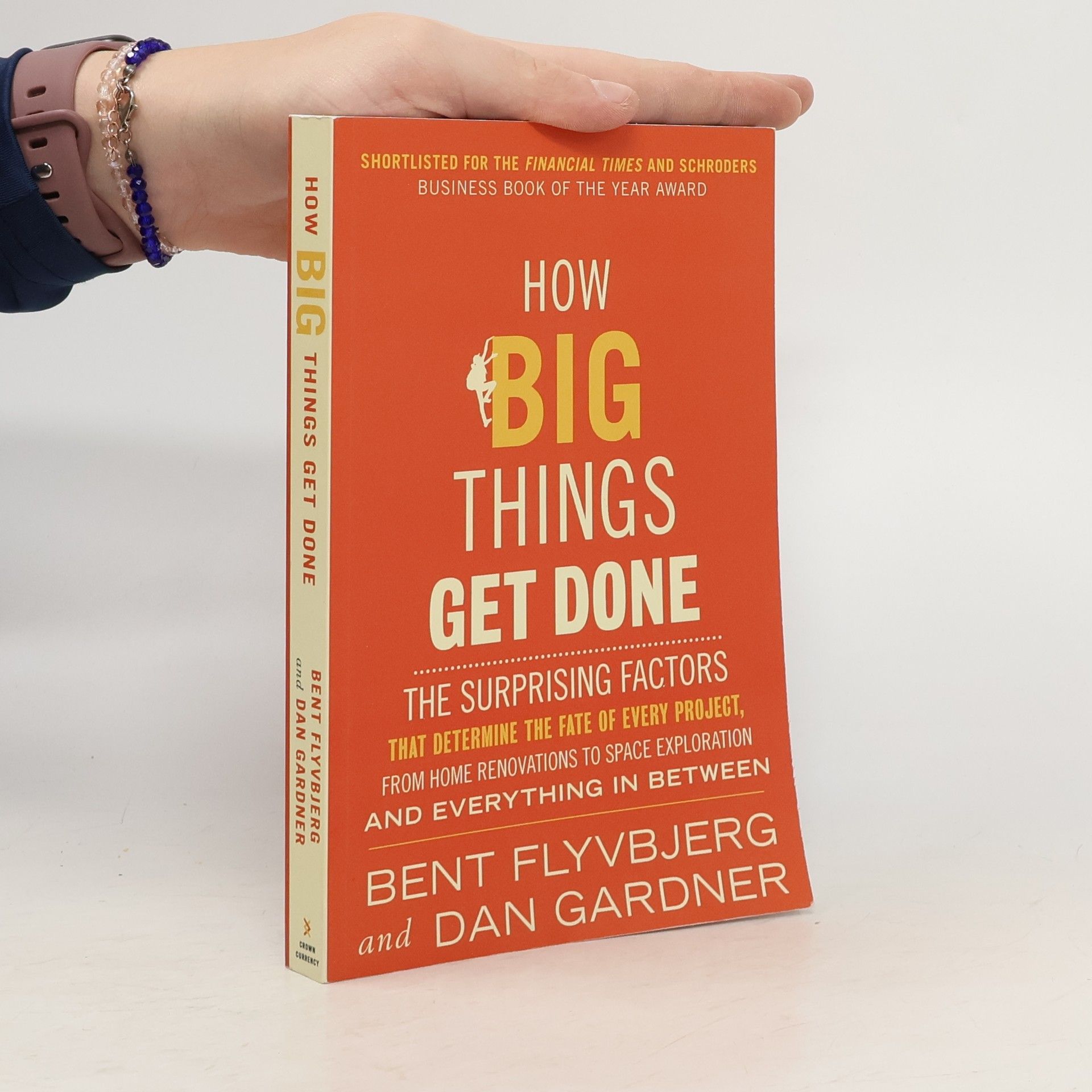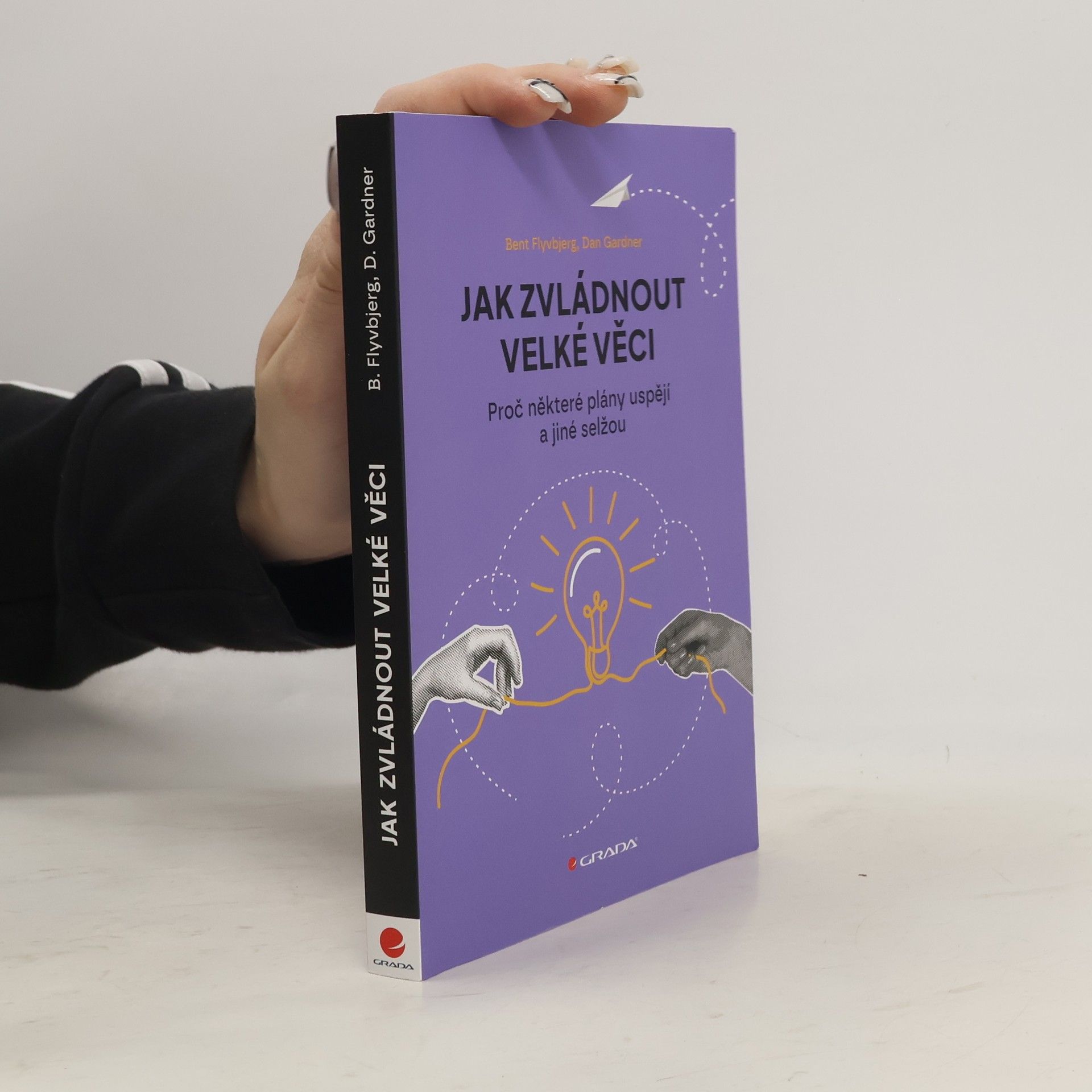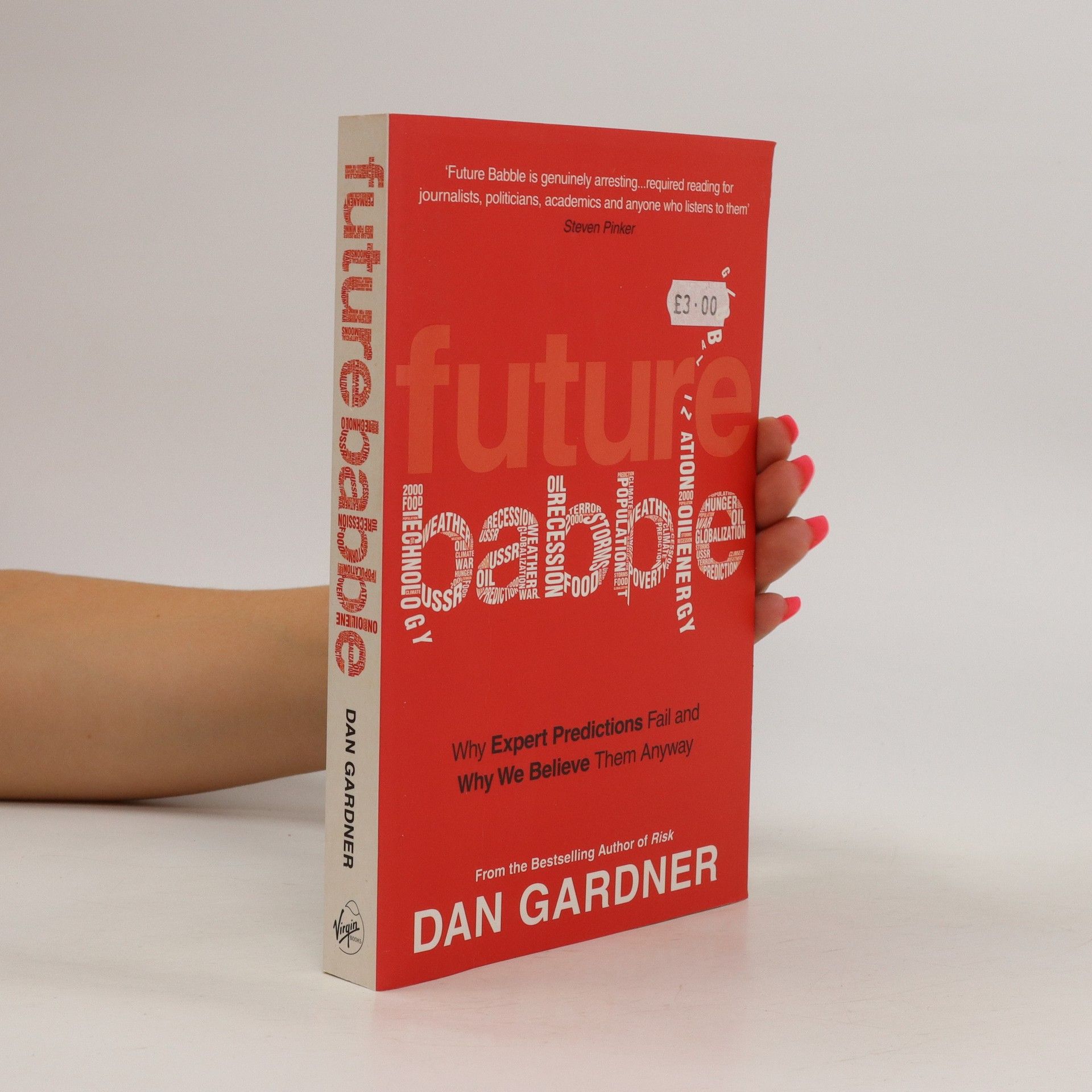Superprognózy
Umění a věda předpovídání budoucnosti
Schopnost předpovídat budoucnost by byla pro každého z nás cenná, ať už při investicích, uvádění nových produktů na trh nebo plánování osobních aktivit. Avšak lidé obvykle nejsou dobří prognostici. Profesor Tetlock ve své studii z roku 2005 ukázal, že i odborné předpovědi jsou často jen o něco lepší než náhoda. Někteří lidé však mají výjimečnou schopnost předpovídat budoucnost, a Tetlock se poslední dekádu snažil zjistit, proč tomu tak je a zda se to dá naučit. Tetlock a novinář Dan Gardner přinášejí mistrovské dílo o předpovídání, které vychází z dlouholetého výzkumu a velké prognostické soutěže, kterou podpořila americká vláda. Projekt Dobrý úsudek zapojil desítky tisíc obyčejných lidí, kteří měli za úkol předpovídat světové události. Někteří z nich byli překvapivě úspěšní a překonali nejen ostatní účastníky, ale i akademické experty a analytiky zpravodajských služeb. Autoři ukazují, co se můžeme naučit od těchto „superpředpovídačů“ a přinášejí příběhy úspěšných i neúspěšných předpovědí. Dobrého předpovídání lze dosáhnout sběrem informací z různých zdrojů, pravděpodobnostním uvažováním, týmovou prací a ochotou připustit chybu. Kniha představuje efektivní a vědecky podloženou metodu, jak zlepšit schopnosti předvídat budoucí události v byznysu, politice i každodenním životě.

